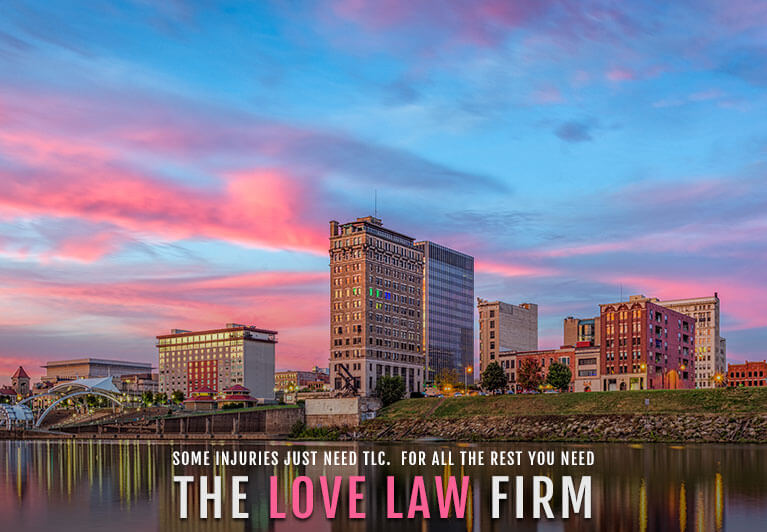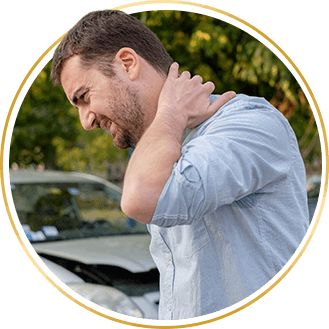PERSONAL INJURY ATTORNEY
LOVE GETS RESULTS
OVER 20 YEARS OF PROVEN SUCCESS WINNING AWARDS FOR PERSONAL INJURY CASES IN CHARLESTON, WV AND BEYOND
If you’ve been injured in an accident, whether from a car crash or from the emotional trauma of negligent nursing home staff, you’ve come to the right place. Charles Love has been a results-oriented, client-centric personal injury in Charleston, WV for over 20 years. With notable wins spanning a wide variety of legal cases, Love prides himself on exceeding client expectations by being there for you when you need it most.


WHAT OUR CLIENTS SAY:
“Chad Love goes above and beyond for his clients and makes them feel comfortable and informed about what’s going on in their case. Many clients stop by the office just to visit, even after their case has been resolved! It’s this attention to the client relationship plus his extensive legal experience that makes Chad Love the logical choice if you ever need representation.”
– Melissa D.








